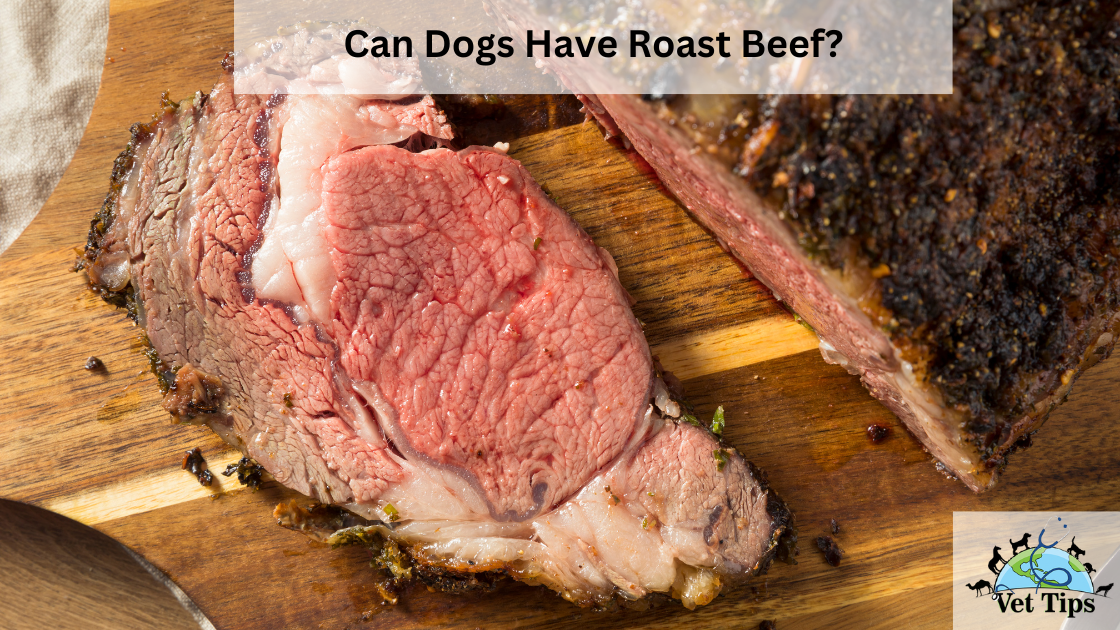Here we discuss, our slogan “WE CARE FOR SPEECHLESS!!!!!!!!!!!!!” So continue reading to learn more about VETTIPS
Animals are the source of food science at the start of the world. We are exploring thousands of animals, birds, fishes on each day. They are beyond religious aspects. We must care for our companion and wild animals because they possess equal rights and entities in this world as we humans do.

VETTIPS GUIDE FOR ANIMAL CARE (WE CARE FOR SPEECHLESS!!!!!!!!!!!!!)
A new pet can be as daunting as it is thrilling when you first bring him or her into your home. It doesn’t matter whether or not you already have a pet or two at home; taking care of animals frequently comes with a lot of questions.
As pet owners, we all want the best for our furry and feathered family members, who are often the smallest and most neglected. It is critical for any pet parent who is responsible for caring for animals to ensure that their animals are receiving what they require to be happy and healthy. The responsibility of caring for animals extends beyond simply ensuring sure their water bowls are always full, that the dog is walked, and that the litter box is cleaned.
We’ve compiled a list of helpful hints for taking care of animals, with a particular emphasis on the most common household pets. Whether you’re a first-time pet owner or have a long history of animal companionship, this guide will assist you in making your new family member feel perfectly at home.
ANIMAL CARE SUGGESTIONS FOR THOSE WHO LOVE THEM
Make certain that you are prepared before bringing your pet home. While planning for the adoption of a beloved pet into your home, keep the following points in mind:
- Choose a pet that is a good fit for your house and lifestyle, and avoid making rash judgments about your pet.
- Recognize that owning a pet (or pets) is a significant financial and time commitment.
- Pets should be limited to the kind and number of animals for which you are capable of providing an acceptable and safe environment. This includes providing adequate food, water, shelter, health care, and companionship to those who need it.
- Maintain the accuracy of your pet’s identification (such as identification tags, microchips, or tattoos), as well as the accuracy of their registration information in linked databases.
- Know your local ordinances, including licensing and leash restrictions, and follow them to the letter of the law.
- Preventive health care (vaccinations, parasite management, etc.) should be provided for the duration of your pet’s life (s).
- Develop positive relationships with your pet so that they can be more accepting of other animals and people in their lives. Provide additional training if it is required.
- Provide your pet(s) with physical and mental stimulation that is appropriate for their age, breed, and health status.
- Include your pets in your preparations for a disaster or emergency, including the assembly of an evacuation kit if necessary.
- Make arrangements for the care of your pet in the event that you are unable to do so.
FOR OUR CONTENT CLICK HERE.
FOR MORE INFORMATION CLICK HERE








